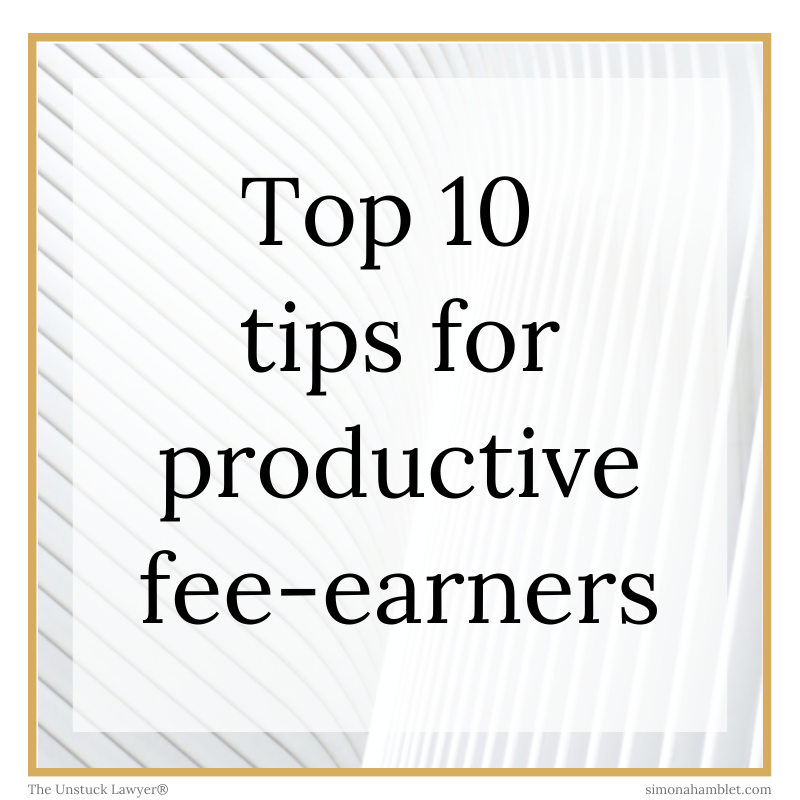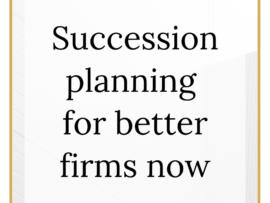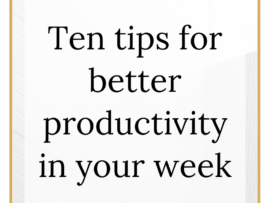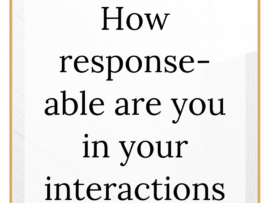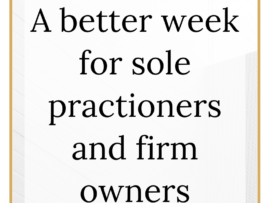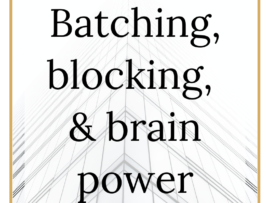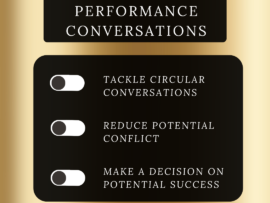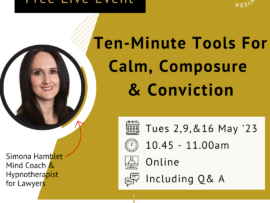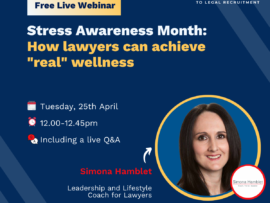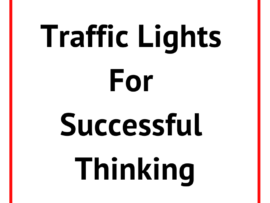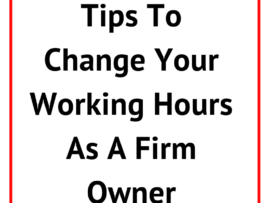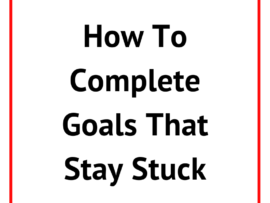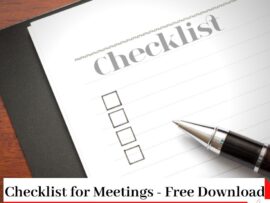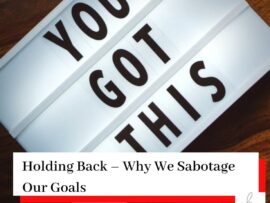Top 10 Tips for Productive Fee Earners
0 CommentsTrying to be productive, when balancing client work with everything else (such as going home at a sensible hour), can be a real challenge for fee-earners!
Here are 10 Tips to help:
1. Do the challenging thing first
Every fee earner, at one time or another, has ‘that’ file, task, or client call, they keep putting off. Plan to tackle the call, or 10 minutes of the task, before you do anything else. Note that if you promise yourself to only work on it for 10 minutes, and at the end of 10 minutes you want to stop, you must do so, otherwise, you won’t believe yourself next time! One further tip, don’t set the time for too long because then you will still keep putting it off.
By getting it out of the way, you can enjoy the rest of your day without it hanging over you. Yes, it is sometimes easier said than done. However, we all know it is better once started. So do this first.
2. Deadlines and delivery
Excellent client service may not involve immediate or same-day action (although it usually requires prompt acknowledgment). How many times have you turned something around quickly, only to receive an out-of-office response, or you then do not hear back for a long period of time?
When agreeing to a piece of work. Have a conversation with a client about when they want it completed and consider using other language. Instead of asking when they want it by (yesterday) ask them something along the lines of ‘when have you set aside time in your diary to review and action this work, so that I can get it to you in time?’. It depends on your work of course. However, hopefully, this will make them stop and think about when they can practically do anything, with what you are sending over.
One other point. If a client consistently contacts you at the end of the day, after working hours, or at short notice, with urgent work even though they have had ‘it’ on their desk for a while, then most likely they know you will work late to fit them in. Causing you stress, potentially resentment, and it makes more of your work unnecessarily urgent. You may need to re-establish boundaries with them.
3. Divert and switch off
Be honest as to how often you check your emails, or take calls, when you are in the middle of a task. Each time you switch to a new task you lose time, and use up mental energy, reducing your productivity by the end of the day. Be equally honest about how often you need to check those emails (guilt is not a measurement).
Switch off email notifications and your ringer tone. Most solicitors and legal executives find batching emails, or making calls, saves them a lot of time. It also stops a day of emails pinging back and forth. You may want to set an OOO to let clients know when to expect email responses or calls. Avoid saying ‘by the end of the day’ if you can, as clients will then just keep checking their emails or worry about missing your call, set a clearer window if possible.
4. Do the deep work
Set at least two hours aside, each week, for uninterrupted work. This should include non-client work. Fee-earners who protect this time, as if it was a meeting that can not be interrupted, find their productivity and clarity of thinking improves. They also usually notice the impact quite quickly if they drop the habit.
5. Workflows
Not all fee-earning work can follow a full workflow with precedent letters. However, many enquiries, and questions, are ones that fee-earners respond to over and over. Create an appropriate (non-advisory) script for you and your support staff to follow, then have a selection of draft responses ready. Keep an eye out as to how many times you repeat the same points over the next few weeks and start there. You may also want to add it to your FAQs.
6. Prioritise profit
Deal with the money-making (fee-earning/invoicing) work as a priority. Management and marketing come second. However, marketing must still be happening consistently every week, and your team needs to be looked after. If you are not getting around to these other tasks, you will need to look at your workload. You may also want to explore what impact your inner doubters might be having on your productivity (these include your inner perfectionist, people pleaser, and imposter, which could be influencing procrastination, taking on too much, or spending too long on work – see here for a short case study as an example).
7. Use Your Team
With good training and clarity, your secretary, assistant, or trainees, can protect you from unnecessary interruptions, and deal with various tasks and correspondence. They are also excellent at initial calls and filtering emails whilst you are out of the office. Delegation to all of your team is a skill worth learning, and do listen to how they think you can work more efficiently with them.
8. Email Rules
With emails, set some guidelines in your firm. Ensure there is an understanding of the difference between ‘To’ (this usually means action or an expectation of a response) and ‘CC’ (this usually means FYI only). Thinking twice about who is included in the email. Another recommendation is setting up a delay in outlook to prevent emails from being sent instantly. This can stop that ‘oops’ moment when you hit send only to realise it was too soon, either creating panic or generating a second email.
9. Plan your day
Set your three most important tasks at the start of each day, it might be all client work or it could be client, team, or marketing. Depending on the work you do, you may be able to plan most of your day quite well. For others, such as with my employment litigation work, it was more reactive. If the task doesn’t take you closer to your fee-earning, team culture, and life-balance goals, double check it is really a most important task. And remember to leave buffer time for that task you did not plan for but will almost definitely come up!
10. Unsubscribe
From magazines to emails how many do you delete without reading? They waste your time, are a distraction, add to a sense of overwhelm, and lead to you having more unnecessary to-do’s. Still feeling that you really ‘should’ read that article? Does it significantly take you one step close to your profit goal or development goal? No? Unsubscribe. (My articles are, of course, excellent and well worth reading.)
Whilst time management tips will help you become more efficient, if you are still consistently working long hours, everything seems urgent, or there is higher than usual procrastination, get in touch to see how I can help.
